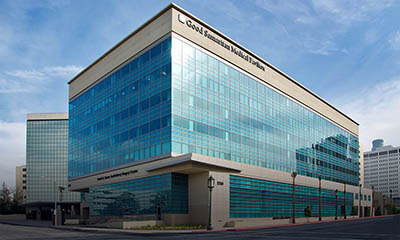A deviated septum is a condition in which the wall (septum) that separates the nostrils is not straight. This can cause a range of symptoms, including difficulty breathing, congestion, and chronic sinus infections.
There are several common symptoms of a deviated septum, including:
- Difficulty breathing: One of the most common symptoms of a deviated septum is difficulty breathing through the nose. This can be especially noticeable during exercise or when lying down at night.
- Congestion: A deviated septum can cause chronic congestion, as the nasal passages may not be able to drain properly. This can lead to a feeling of stuffiness in the nose.
- Sinus infections: A deviated septum can make it more difficult for the sinuses to drain, which can increase the risk of chronic sinus infections.
- Snoring: A deviated septum can cause the nasal passages to become narrowed, which can lead to snoring.
- Headaches: A deviated septum can cause chronic headaches, especially when lying down at night.
There are several treatment options available for a deviated septum, including:
- Medications: Decongestants and antihistamines can help to reduce congestion and other symptoms of a deviated septum.
- Nasal sprays: Nasal sprays can help to moisten the nasal passages and can help to reduce congestion.
- Nasal irrigation: Using a saline solution to rinse out the nasal passages can help to reduce congestion and other symptoms.
- Surgery: In severe cases of a deviated septum, surgery may be necessary to correct the problem. This procedure, called septoplasty, involves straightening the septum and can help to improve breathing and reduce other symptoms. Some patients may also benefit from balloon sinuplasty or other structural therapies.
If you are experiencing symptoms such as difficulty breathing, congestion, or chronic sinus infections, it's important to see a doctor. They can determine if you have a deviated septum and recommend the most appropriate treatment options for your specific case. Connect with our ENT specialist in Los Angeles to discuss lasting solutions.
Author
 Dr. Geoffrey B. Trenkle, D.O.
LACENTA C.E.O.
Dr. Geoffrey B. Trenkle, D.O.
LACENTA C.E.O.


























